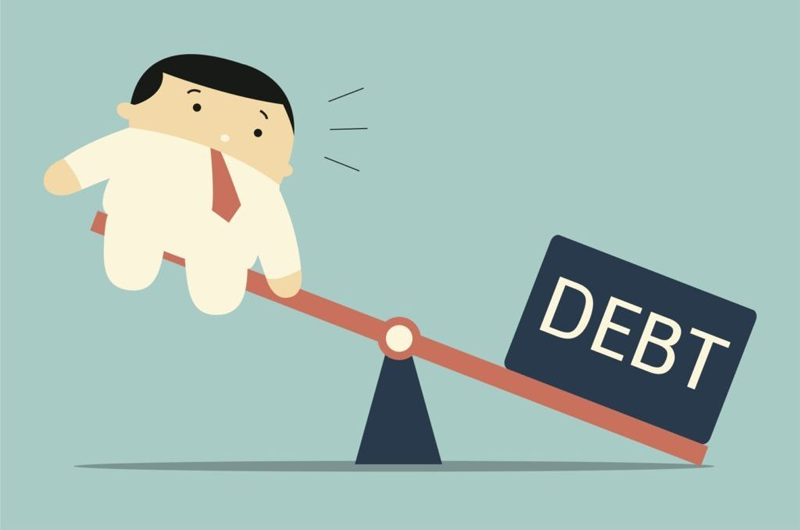Asteria Lending Inc. Unit 306 3/F 6762 National Life Insurance Bldg. San Lorenzo, Ayala Ave. Makati City
We’re Open: Mondays – Fridays
Office Hours:
9:00 am – 7:00 pm
Email:
[email protected]

In times of global economic uncertainty, debt often becomes a widespread problem, affecting families, couples, and individuals as well as businesses. To combat this, many lenders offer specifically tailored debt consolidation loans. These products are designed to allow the borrower to pay off small to medium sized that are spread around numerous credit cards are pre-existing loans. In this article, we take a look at the pros and cons of debt consolidation loans.
Providing that you refrain from borrowing or taking out credit cards, you will only need to make one payment to your creditor. Lenders are effectively buying your debt from several other companies, so you will pay roughly the same amount, but in one lump sum, rather than several smaller instalments. This can be a huge advantage to those who have difficulty managing their money or who find that they often forget when payments are due.
When you only need to make one payment per month on a specific date, this allows you to clearly see how much money you have left until your next payment is due. Most lenders will request a payment on a set date, with borrowers preferring the direct debit or bank transfer method of payment. For families, this means that once the payment has gone out, the remaining funds can be allocated to things like food, rent, bills or mortgage payments. Generally speaking, unless you miss a payment, the amount you pay each month remains fixed, so you should not get any nasty surprises or surprise interest rate hikes.
Though this is not always the case, debt consolidation loans can be cheaper than paying off multiple cards at once. Interest rates do vary quite considerably and will depend on things like your age and credit rating, but when compared to the standard, 20% par cards that are most commonly offered, debt consolidation loans are often a much cheaper alternative.
Though credit cards can be helpful, especially in times of financial instability, the temptation to make only minimum payments each month can mean the debt ends up taking a long time to pay off. Though a debt consolidation loan does not offer the same kind of flexibility as a credit card, it will help you to steadily pay off everything you have borrowed over a set period of time. This can be a good option for those who are looking for something of a fresh start.
Applying for debt consolidation can harm your credit rating initially, but once you have paid off what you owe, you are likely to see a fairly significant boost in your overall credit rating. Being able to complete a full loan term shows lenders that you are a capable of managing money effectively, which identifies you as a potentially high value customer. Though it takes time and a degree of diligence to make this type of loan work for you, it can be a good option if you feel as if your existing debt is getting out of control.
For people with fair to good credit scores, this kind of loan is rarely the most cost-effective way to pay an existing debt. Other options such as 0% balance transfers or lower interest loans from your bank may be a more suitable alternative. Though more competitive and less expensive than things like salary loans, debt consolidation loans almost always have a higher rate of interest than the majority of credit cards, excluding those only available to people with bad credit.
This point could be considered both a positive and a negative, depending on how you look at it. The freedom and flexibility of credit card repayments means that if you happen to come into some extra money, from a work bonus for example, you can pay off a substantial chunk of what you owe in one go. Most debt consolidation loans do not allow you to adjust payment amounts and you are sometimes charged an “early settlement fee” if you decide to pay off the loan early. This can mean that you do not actually end up saving anything by transferring the debt in the first place, so it certainly something to consider if you have other options available.
When you move your debt from a credit card to a consolidation loan, you will suddenly have the opportunity to make purchases again. This can be very tempting, and many people fall foul of this trap and end up putting themselves in more financial trouble. To avoid this, it can be a good idea to get rid of your physical credit cards by cutting them up or destroying them securely in a shredder. You can always order a replacement card if you do feel as if you need to use credit for emergencies and this will prevent you from spending when you don’t really have the means to do so.
Credit agencies will check when you take out a debt consolidation loan and though it doesn’t cause as many issues as something like a CCJ or a court order, it will make a difference to the ways lenders view you as a customer. If you aren’t planning to take out any more credit in the near future, this won’t be an issue for you and providing you pay off what you have borrowed in full, your score will return to a good level in a fairly short space of time. However, if you do plan to rely on credit, you may wish to consider alternative solutions so that you still have the opportunity to borrow at a reasonable rate when you need to.